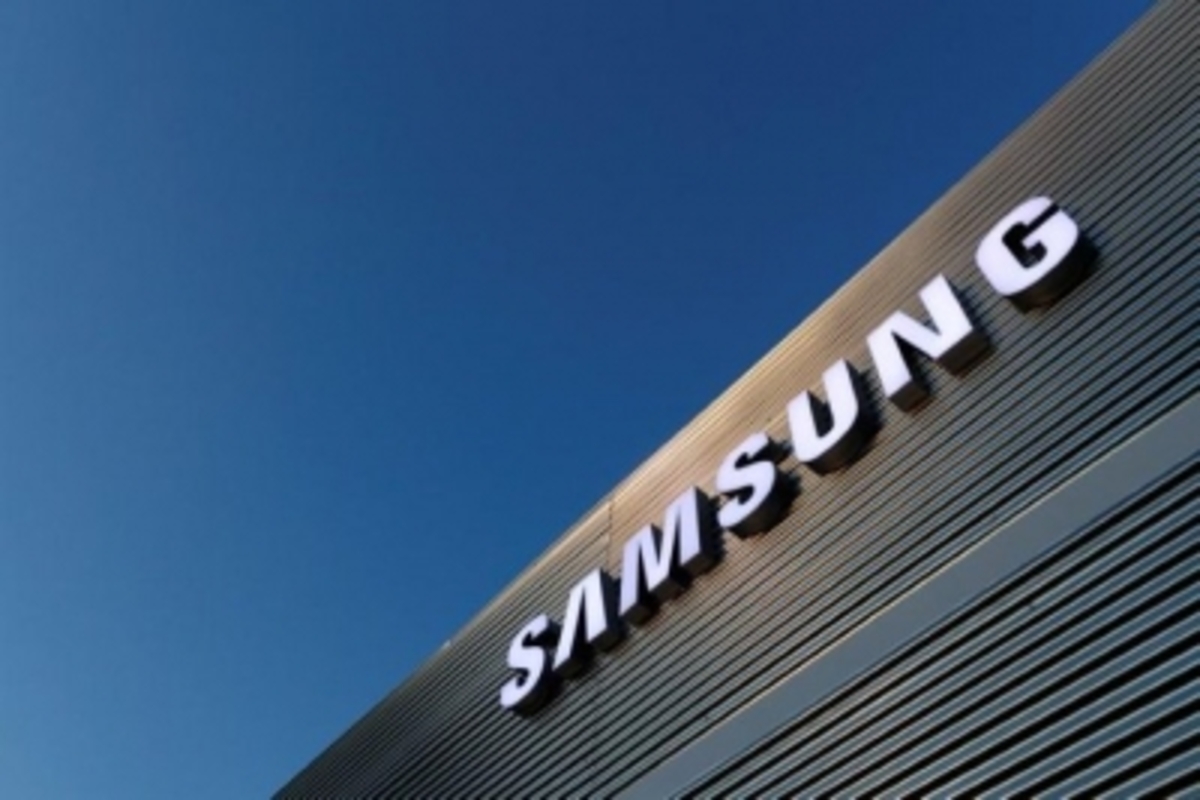Samsung Electronics, the world’s largest maker of memory chips, will build next-generation artificial intelligence (AI) chiplets for the computing startup Tenstorrent, the Canadian company has said.
Tenstorrent said it has selected Samsung’s Foundry Design Service team to manufacture its chiplets, which can be used for a wide range of applications from edge devices to data centers, to “ensure the highest quality and cutting-edge manufacturing capabilities.”
Advertisement
“Samsung Foundry’s commitment to advancing semiconductor technology aligns with our vision for advancing RISC-V and AI and makes them an ideal partner to bring our AI chiplets to market,” Tenstorrent CEO Jim Keller said in a statement, reports Yonhap news agency.
Marco Chisari, head of Samsung’s U.S. Foundry business, said the company’s advanced silicon manufacturing nodes will accelerate Tenstorrent’s innovations in the areas.
Samsung is expected to reduce its chip deficit in the third quarter, thanks largely to a continued cut in its chip output, according to analysts.
Samsung slashed its chip production early this year, belatedly joining its peers, like SK hynix Inc. and Micron Technology Inc., which started to cut production late last year, to resolve a persistent supply glut.
Analyst Kim Dong-won at KB Securities forecast Samsung’s Device Solutions (DS) division, which oversees its cash cow chip business, to make losses of around 4 trillion won ($2.96 billion) in the third quarter, lower than the 4.35 trillion won of the second quarter.
He said Samsung has raised its production cut since the second half to 30 percent for DRAM and 40 percent for NAND Flash, from 20 percent and 30 percent, respectively, in the first half.
Samsung’s DS division logged an operating loss of 4.6 trillion won in the first quarter, its first financial loss in 14 years, as chip inventories grew significantly amid tapering global demand. Prior to that, the division recorded losses in the first quarter of 2009.











